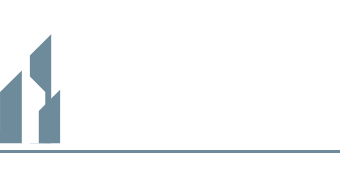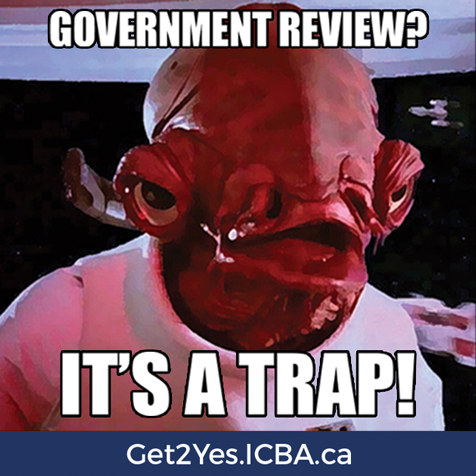By Dr. Shinder Purewal and Jordan Bateman
This op-ed first appeared in The Province on Monday, May 7, 2018, and is now available for other publications to publish, free-of-charge. Dr. Purewal is a political science professor at Kwantlen Polytechnic University and Jordan Bateman is communications director at the Independent Contractors and Businesses Association.

On proportional representation (PR), it seems the NDP government is taking the mushroom approach with voters – keeping British Columbians in the dark and hoping to feed us a bunch of manure.
A referendum on changing the way we elect the provincial government is coming this fall; it’s the key part of the deal between the NDP and the Green Party MLAs propping up the John Horgan government. But the details of the referendum, including the most important one of all – the question – are still a tightly guarded secret. Why are voters being kept in the dark about such a sweeping and fundamental change to our electoral system?
They shouldn’t be. B.C. had lengthy consultation processes on the electoral reforms proposed in 2005 and 2009, giving people a chance to discuss and debate the pros and cons. In this case, not only do we not know the question, Premier Horgan stated last week that most British Columbians aren’t going to think about this issue until the fall, just weeks before the vote. If it’s not top-of-mind for people, why bother trying to change at all?
Further, the votes in 2005 and 2009 were held during the provincial elections to ensure larger participation. This time, likely to suppress turnout to only the most passionate of PR supporters, the NDP plan a mail-in vote smack dab in the middle of a municipal election campaign.
On an issue so important to our democracy, governments should not play politics. When the federal government faced the challenge of dealing with the separatist movement in Quebec, they passed the Clarity Act. Two important parts of that process are vital for any discussion on electoral reforms in B.C.: The question in a referendum must be clear, and a clear majority has to be expressed – likely higher than fifty percent plus one.
The B.C. Government is already failing on both counts: we have no question yet, no details on what’s being proposed, no information on why this change is necessary, and no clarity on whether keeping our current First-Past-The-Post (FPTP) system will even be an option. Second, the NDP has said a simple majority of the people who vote will be enough to change the rules – even if it’s just a tiny fraction of the overall electorate.
The delay in releasing such details seems designed to keep people from evaluating choices and making informed decisions. For example, some voters have expressed concerns about the tight discipline imposed by political parties on the elected representatives to move their narrow party agenda. PR would actually strengthen party discipline because it would deprive electors of the ability to directly elect their individual MLAs; they would be simply voting for the lists generated by party elites.
There is no room for independents in the PR system, thus forcing all voters to migrate to organized parties. Worse, the 87 electoral districts will disappear, making local representation a thing of the past. The present FPTP system allows people access to their local elected officials; the PR system would deprive this element of individual responsibility for local areas.
PR also breeds instability. All comparative studies of PR systems indicate that coalition formations become central to party politics, leaving the important challenges of governance and economy to happenstance.
The instability of coalition governments is a major deterrent for investment. The kind of politics being played on the Trans Mountain pipeline today by just a two-party coalition is dangerous and has already sparked a constitutional crisis. Imagine what a coalition of four or five such parties might do.
Every election in a PR system is followed by coalition formations, and sometimes it takes months before a new government takes power. After the 2011 elections in Belgium, it took 541 days of coalition talks to form a new government. This can cause economic chaos, especially if it occurs during tough financial times.
Studies have also shown that PR systems encourage anti-immigrant, xenophobic groups to mobilize people on narrow sentimental politics of hatred. In the most recent German elections, the ultra-right Alternative-For-Germany party got nearly 13 per cent of the vote share at the national level, entrenching it as major force.
In essence, we can see the necessity for a serious debate about the radical, proposed change to the electoral system. The government’s attempts to leave as little room as possible by not releasing details about the referendum do not bode well for democracy.
Keeping voters in the dark about how we elect our political leaders is not fair, is disingenuous, and betrays the very democratic principles that the NDP government purports to want to strengthen.
 Do you serve on a joint health and safety committee in your workplace? Did you know that WorkSafeBC mandates that you take eight hours of training? Now you do, and ICBA’s training department is here to help!
Do you serve on a joint health and safety committee in your workplace? Did you know that WorkSafeBC mandates that you take eight hours of training? Now you do, and ICBA’s training department is here to help!





